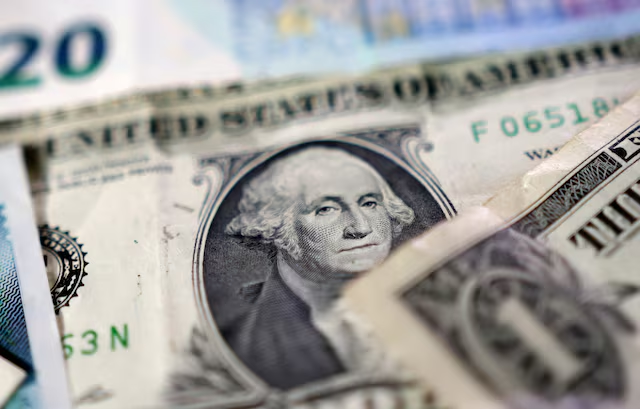
It’s easy to believe the U.S. dollar is invincible, but in reality, it can wobble. The current fight over taxes and spending in Washington, D.C. is threatening economic stability and spreading shocks around the globe. Your wallet will feel the effects of the global debate, whether or not you are involved in politics.
Most of the present anxiety about the dollar centers on the increasing level of national debt. If you think about it, a good portion of our future taxes could pile trillions more onto the government’s expenses during the next decade. Such discussions worry investors, giving them further concern when experts at Moody’s lower the U.S. credit rating. Because of this worry, people with large sums decrease their dollar investments and seek other alternatives. When that occurs, the dollar loses some of its value.
The issues resulting from this tax debate are more complex than just the country’s debt. Any important change in tax laws can alter the direction of the economy. May it cause inflation or affect growth? How the Federal Reserve handles interest rates is largely guided by these questions, and the Fed’s actions have a big effect on the dollar’s value. If the dollar is weak, American goods become cheaper to buy in other countries, lifting exports. Still, this also causes imports to become more costly, which affects consumers directly. The market must be carefully watched, as any changes are big news.
The events of recent days prove that domestic government actions definitely shape the global state of currencies. Changes in the U.S. tax code will influence global trade and investment, touching everyone with interests in the world’s economy.













